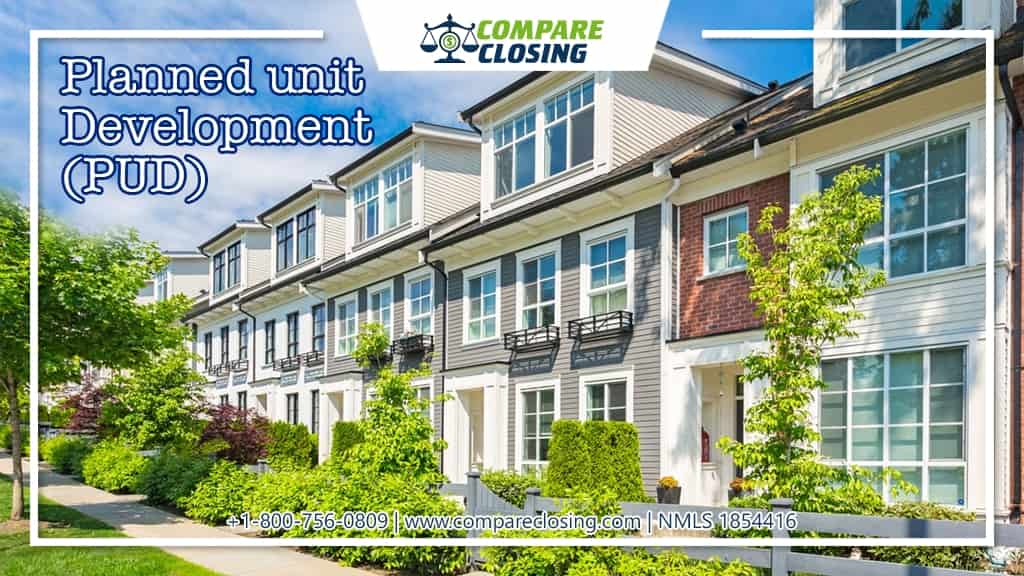Table of Contents
- What Are Netting Escrows & How Does It Work?: The Best Guide - January 2, 2024
- The Secret About Prescriptive Easement: Top Guide 1 Must Know - December 4, 2023
- About Home Equity Loans In Texas And How Can One Obtain It - November 27, 2023
About Planned Unit Development (PUD)
When you are planning to buy a new home there are many types of homes that you can choose from.
However, when you are about to finalize your home and your real estate agent says that the property comes under planned unit development or PUD, you should have enough idea about it. In this post, we will understand what is a PUD in detail.
What Is A PUD Or A Planned Unit Development?
The planned unit development which is also known as PUD is a planned community that includes townhouses, detached homes, and condos.
This is a separately zoned neighborhood that has some deed restrictions and may have some specific rules and regulations and bylaws for the properties that are included in that particular community as to what the homeowners can do with their properties.
With a planned unit development, the rules are regulations are less strict compare to any other homeowners association.
In this type of development, the homeowners own the land as well as the house on that land governed under certain regulations. For example, in planned unit development, a homeowner might not be able to put up a fence or put up shed despite you owning the land.
The homeowners association fees in this type of development are less compared to other types of homeowners associations as most of the maintenance of the home is done by the homeowner.
Only a few things like maintenance of the common areas, snow removal, etc. are covered under HOA which can vary from association to association.
What Is The Difference Between A Condominium And A PUD?
In a condominium, the homeowner owns the interior airspace in that property and has partial ownership of the common interest parts like the gym, pool, spa, etc.
In a planned unit development, the homeowners own the land as well as the property built on that land and have access to common amenities like a pool, golf course, gym, etc. by way of rights and easements and not partial ownership like in a condominium.
The homeowner’s insurance also varies based on whether you are buying a condo or a PUD. There is also a difference in the zoning between a planned development unit and a condominium.
The PUD must always have contact with the ground, whereas a condo may not be always in contact with the land.
This means each has its unique zoning distinctions. The PUD is zoned with the lot number and the square footage, whereas the condo does not have any lot number, or it may have a lot number for the entire shared complex.
Zoning is important for appraisers and lenders. The appraisal requirement also varies between condominiums and PUDs.
The interest rates also vary based on whether you have PUD real estate or condominium real estate. If the condo HOA is under litigation it becomes very difficult for the homeowners to buy or sell the property.
You might be looking to get a lifestyle that could be provided in a PUD or a condo. However, knowing which is which can affect the buying and selling process dramatically.
Conclusion
Buying property in a PUD could be a good option, as you have freedom of your property and what you can do with it.
However, you need to keep in mind that there are still some rules and regulations that you have to follow if you are planning to stay in that house.
Your real estate agent should be able to guide you through the by laws of the HOA in your PUD so that you can go through each one of them before you decide to buy the property in the particular PUD community.
Amanda Byford
Amanda Byford has bought and sold many houses in the past fifteen years and is actively managing an income property portfolio consisting of multi-family properties. During the buying and selling of these properties, she has gone through several different mortgage loan transactions. This experience and knowledge have helped her develop an avenue to guide consumers to their best available option by comparing lenders through the Compare Closing business.





